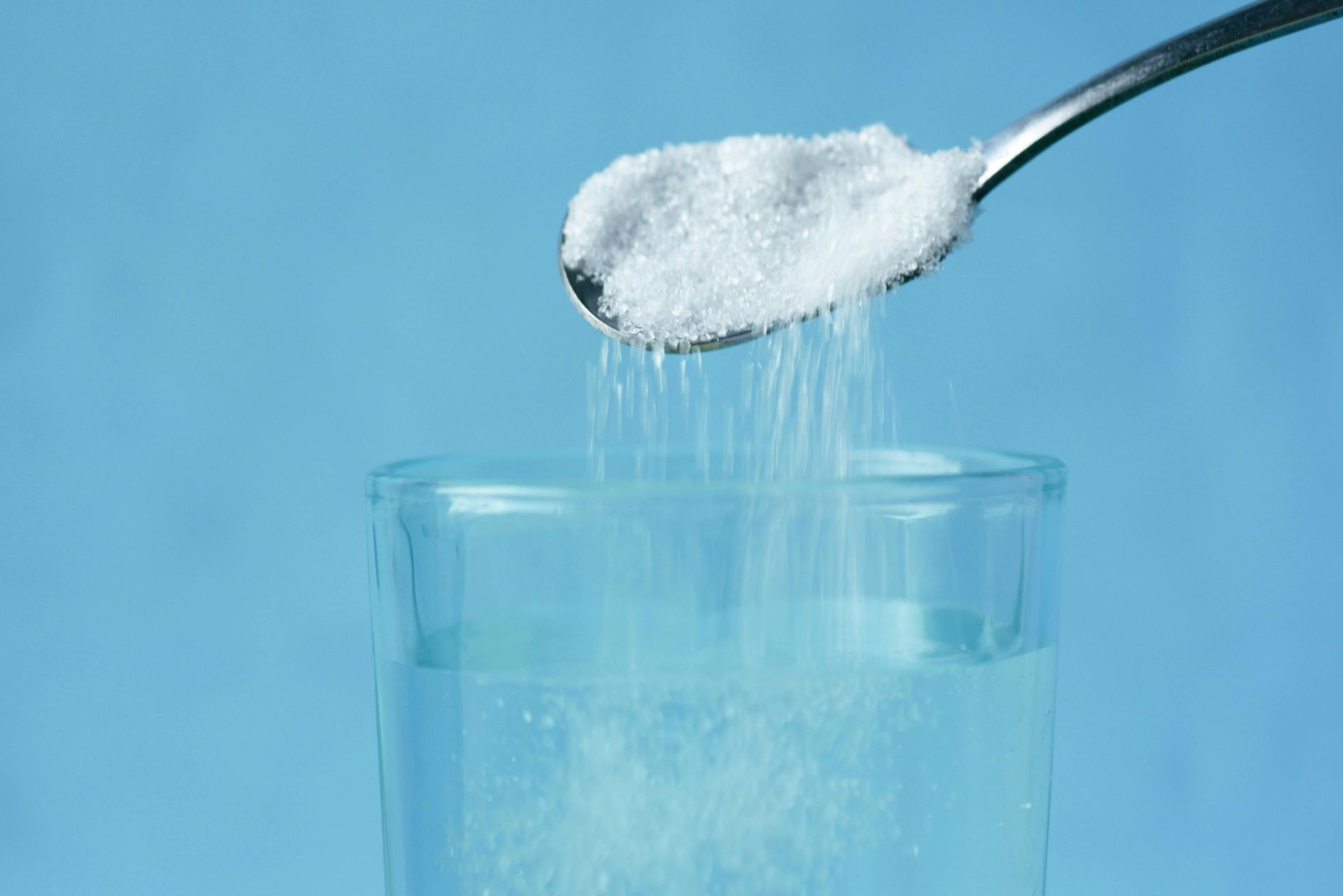The Potential Harms of Using Aluminum Foil: A Doctor's Perspective
Aluminum exposure and its impact on your body

As a health-conscious individual or a professional in the wellness field, you may often come across conflicting advice about various kitchen practices. One such topic that has garnered significant attention is the use of aluminum foil in cooking. While it is a common household item, its safety has been the subject of scientific scrutiny. In this blog, we'll delve into the potential harms of using aluminum foil, supported by scientific research.
Increased Aluminum Intake
Aluminum is a naturally occurring element, and we are exposed to it through air, food, and water. However, cooking with aluminum foil can increase our exposure significantly. Research has shown that cooking with aluminum foil, especially at high temperatures or with acidic foods, can cause aluminum to leach into the food.
A study published in the International Journal of Electrochemical Science found that the aluminum content of food cooked in aluminum foil increased significantly, particularly in acidic dishes like tomato sauce and lemon juice-based recipes (1). The study concluded that using aluminum foil in cooking can contribute to increased aluminum intake, which might pose health risks.
Neurotoxicity and Alzheimer's Disease
One of the most concerning potential risks of aluminum exposure is its possible link to neurodegenerative diseases, such as Alzheimer's disease. Although the exact cause of Alzheimer's is not fully understood, some studies suggest that high levels of aluminum exposure may be a contributing factor.
A review published in the journal "Frontiers in Neurology" examined the evidence connecting aluminum exposure to Alzheimer's disease. The review highlighted that while definitive proof is lacking, there is enough evidence to suggest that minimizing aluminum exposure could be beneficial, especially for those at higher risk of developing neurodegenerative conditions (2).
Impact on Bone Health
Excessive aluminum exposure can interfere with the body's ability to absorb essential minerals, such as calcium, which is crucial for bone health. This interference can potentially lead to conditions like osteoporosis.
A study in the journal "Bone" discussed how aluminum can disrupt the bone remodeling process by affecting osteoblast and osteoclast activity. The research indicated that aluminum exposure might lead to decreased bone density and increased risk of fractures, particularly in individuals with long-term exposure (3).
Concerns for Renal Function
Individuals with compromised kidney function are particularly vulnerable to aluminum toxicity. Healthy kidneys efficiently excrete aluminum, but those with renal impairment may accumulate aluminum in their bodies, leading to toxicity.
Research published in the journal "Renal Failure" reviewed cases of aluminum toxicity in patients with chronic kidney disease. The study emphasized the importance of minimizing aluminum exposure in these individuals to prevent further complications (4).
Practical Tips for Minimizing Risks
To minimize the potential risks associated with aluminum foil, consider these practical tips:
- Use Alternatives: Opt for alternatives such as parchment paper, silicone baking mats, or stainless steel cookware.
- Avoid High Temperatures: Refrain from using aluminum foil at very high temperatures, as this increases the likelihood of leaching.
- Limit Acidic Foods: Avoid wrapping acidic foods in aluminum foil, as acids can enhance aluminum leaching.
- Mind Your Health Condition: If you have kidney issues or other health concerns, be particularly cautious about aluminum exposure.
Conclusion
While aluminum foil is a convenient kitchen tool, its potential health risks should not be overlooked. By staying informed and making mindful choices, we can protect our health and well-being.
References:
- Bassioni, G., Mohammed, F. A., Al Zubaidy, E., & Kobrsi, I. (2012). Risk Assessment of Using Aluminum Foil in Food Preparation. International Journal of Electrochemical Science, 7(5), 4498-4509.
- Walton, J. R. (2012). Aluminum Involvement in the Progression of Alzheimer's Disease. Frontiers in Neurology, 3, 62.
- Gonçalves, J. F., de Oliveira, M. P., & da Silva, A. C. (2014). Aluminum exposure and its association with bone mineral density in human beings. Bone, 64, 1-7.
- Lin, J. L., Lin-Tan, D. T., Hsu, K. H., & Yu, C. C. (2014). Environmental lead exposure and progression of chronic renal diseases in patients without diabetes. Renal Failure, 36(1), 37-41.
- International Aluminium Institute. (2013). Global Aluminium Cycle. Retrieved from https://www.world-aluminium.org/statistics/global-aluminium-cycle/
Share this post if you found it helpful and subscribe to our blog for more tips on health and wellness. Subscribers get a free infographic on our 10 + 20 program for lifestyle and longevity reset and receive notifications for free webinars. Text us on WhatsApp for more details.
Please share ....



